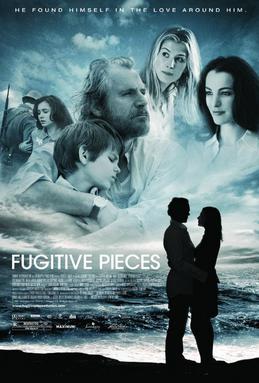 |
| Michael Caine and Harvey Keitel in Youth |
Fred Ballinger: Michael Caine
Mick Boyle: Harvey Keitel
Lena Ballinger: Rachel Weisz
Jimmy Tree: Paul Dano
Brenda Morel: Jane Fonda
Queen's Emissary: Alex McQueen
Julian: Ed Stoppard
Paloma Faith: Herself
Miss Universe: Madalina Diana Ghenea
Masseuse: Luna Zimic Mijovic
Sumi Jo: Herself
Director: Paolo Sorrentino
Screenplay: Paolo Sorrentino
Cinematography: Luca Bigazzi
Music: David Lang
 |
| Woody Allen |
Is it just accidental that in
Youth, wearing a slouchy hat and dark-rimmed glasses, Michael Caine often looks like Woody Allen? Or is Paolo Sorrentino suggesting some kind of connection between Caine's character, a reclusive composer-conductor trying to drift into retirement, and the prolific but scandal-plagued writer-director? The resemblance might have been more on point if Caine had played Harvey Keitel's part, a writer-director trying to put together what turns out to be his last film, meanwhile obsessing on the lost past and approaching death. But then nothing quite fits together right in
Youth, a somewhat scattered and occasionally enervated film. Caine's Fred Ballinger and Keitel's Mick Boyle are old friends -- there is even a suggestion, not followed up, that they may once have been lovers. They are also tied by the fact that Fred's daughter, Lena, is married to Mick's son, Julian. Fred and Mick have come together at a spa in Switzerland, Fred to undergo medical examinations, Mick to work with an entourage of screenwriters to put together the final touches on a script that's meant to star one of his longtime collaborators, the actress Brenda Morel. Also on hand, as a kind of confidant for both Fred and Mick, is a young actor, Jimmy Tree, preparing for a film in which he would play Adolf Hitler, an attempt to counter his popular image as the star of a sci-fi movie in which he played a robot. Sorrentino tries hard to bring together all the threads of each character's plot, including the breakup of Lena and Julian's marriage, Fred's resistance to a command performance for Queen Elizabeth and Prince Philip, and Mick's difficulties in coming up with a final scene for his film. But the pacing of
Youth is too slow, and the manipulation of the themes of youth and age, past and present, too superficial. Caine and Keitel are two of the most dynamic actors ever, and Rachel Weisz and Paul Dano are certainly worthy of their company, but Sorrentino tamps down their energies. The only time
Youth ever comes to life is when Jane Fonda finally makes her appearance as the aging, rather blowsy Brenda, in a performance that reminds us how good she has always been. She delivers the worst news Mick could imagine: that she has decided not to appear in his film but to do a TV series. But Sorrentino follows up her scene with one that feels ripped off from Federico Fellini's
8 1/2 (1963), in which Mick, like Fellini's Guido long blocked from completing his film, finds himself surrounded in an Alpine meadow by the women from his earlier movies. It's not so much shamelessly derivative as it is pointless. Sorrentino is a formidably imaginative writer-director, as demonstrated by his dazzlingly off-beat TV series
The Young Pope and his Oscar-winning
The Great Beauty (2013) -- also indebted to Fellini but with a more inventive twist.
Youth has touches of inspiration, but too often gets snarled in its own plots.
Cinemax


